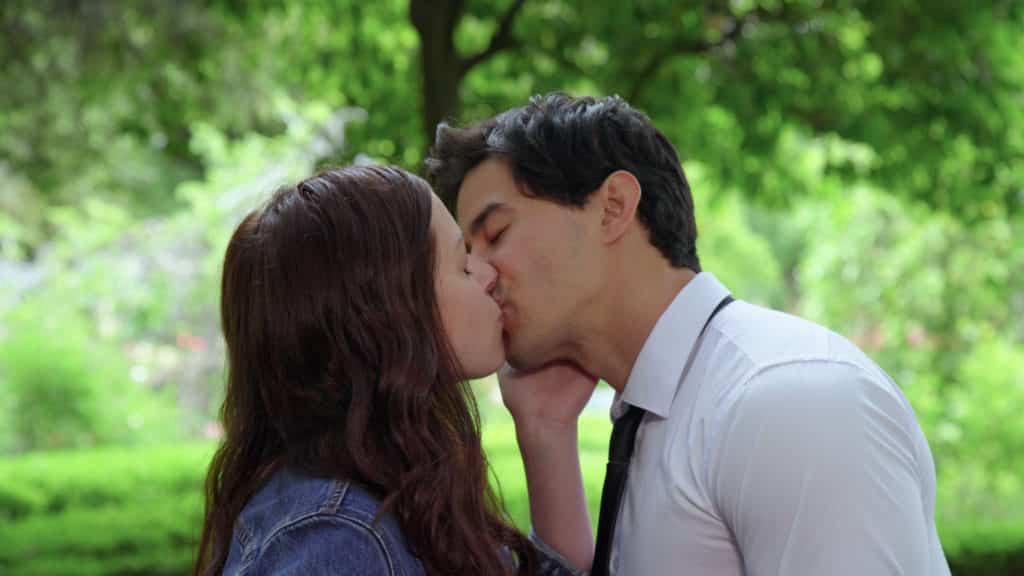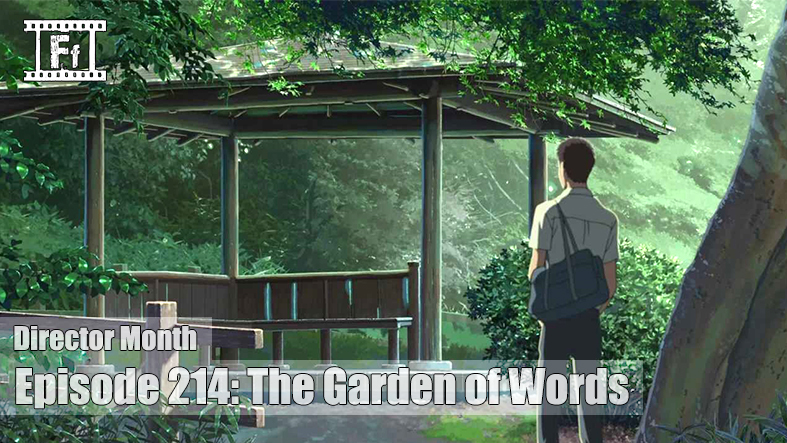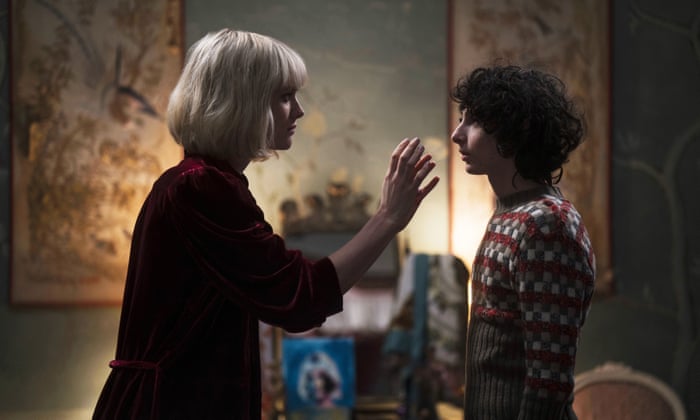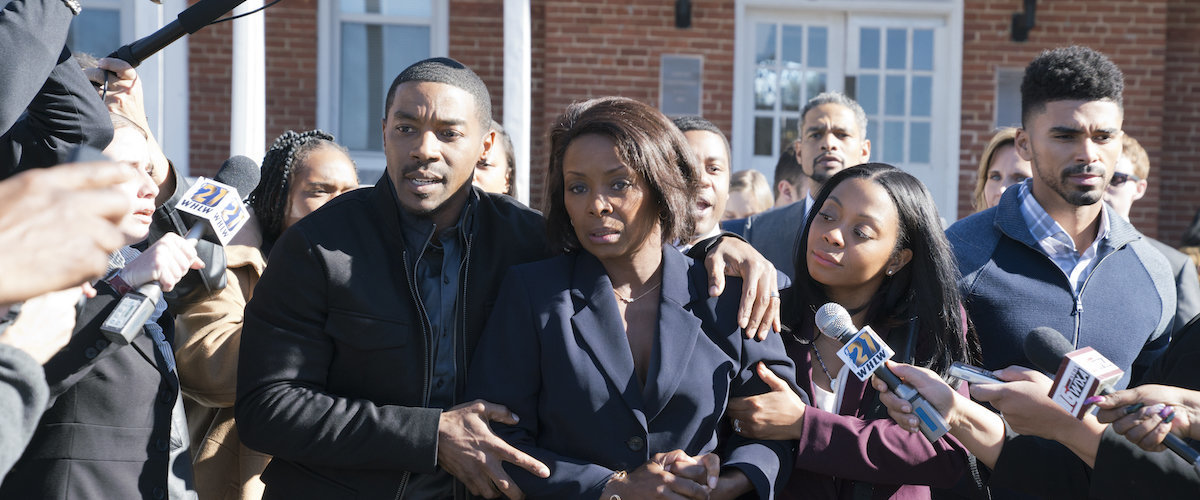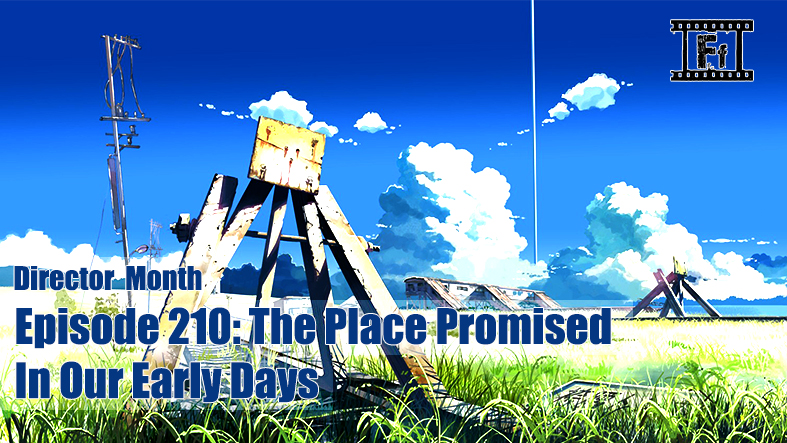Rating: None / Running Time: 1 hour and 28 minutes
The experience of love can take on so many dimensions that it is hard to boil it down to a simple explanation. A phenomenon that has baffled scientists, philosophers, and common individuals throughout human history, it can go from being akin to an addictive drug to being a source of destruction for an unlucky heart. Opportunities for stories that deal with the concept of companionship are a gold mine when they hit the right emotional notes. “What Love Looks Like” sadly comes off as the complete opposite, barely scratching the surface of a deep exploration on romance, instead carrying the ethos of an ABC Family teenage show that lacks the thematic seriousness to stray free from a melting pot of underdeveloped characters, overbearing cliches, and dry acting.
The story suffers from attempting to handle too many narratives centered on different themes of love in the social media age. One story centering on the damaging effects of cell phone addiction in relationships would have worked very well on its own center stage. Themes and messages of online dating, love lost, and awkward first dates work much better having the starting spot in their own film instead of being jumbled in amongst each other. The conversations between characters carry a stench of staleness and bad body language; unpolished and dry line readings given by actors make it feel as tedious as the sight of a cardboard box. For a feature to be centered on the powerful subject of love, the screenplay feels as though its inspiration was gathered from the front page of Hallmark gift cards, and that doesn’t represent the real and raw complications of wanting to share an affectionate connection with another human. The music of this film is a smorgasbord of acoustic guitars and bubblegum pop music that forcefully interrupts conversations and negatively affects the tone of many dramatic scenes. Instead of letting the actors show you through conversation how much they want to be with each other, the gleeful and cheery soundtrack ruins any chance of obtaining a sense of realism. The film operates as a whimsical fantasy instead of a romance film that has something new to say on how love affects everyone in a different manner.
“What Love Looks Like” has promise but jettisons that golden path for a superficial take on Millennial romance. The glamour and excitement of romance is replaced with the weariness of overused tropes and half-baked cheerfulness that stunts any chance it had of being successful emotional entertainment. A good film lies underneath its potential, but sadly that remains unearthed.

Caless Davis is a Seattle-based film critic and contributor to the Feelin’ Film Podcast. He loves any discussion of film and meeting new people to engage in film discussions on any subject. You can follow him on Twitter and Instagram.

